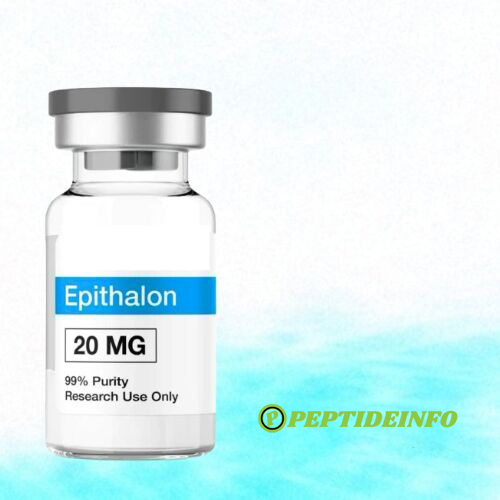Epithalon is a synthetic version of epithalamin, a naturally occurring tetrapeptide found in the bovine pineal glands. Also known as epitalon or epithalone, it was discovered in the late 1980s by Prof. Vladimir Khavinson, who now heads the Saint Petersburg Institute of Bioregulation and Gerontology [1].
Like epithalamin, epithalon is also a tetrapeptide that comprises four amino acids. It is believed to stimulate and elongate telomeres in human somatic cells, helping them maintain proper length. Epithalon’s ability to upregulate telomerase activity has numerous effects, including life extension, anti-aging properties, and inhibition of tumorigenesis [2, 3].
Epithalon has been found to suppress the CCl11 and HMGB1 genes and increase the lifespan of cell cultures and animal test subjects [4]. Further, the peptide has also been found to exert antioxidant effects, while inhibiting carcinogenic receptor expression, giving it anti-tumor effects in breast and colorectal cancer [5, 6].
Epithalon regulates biomolecules that play important roles in the inflammation process including cytokines and C-reactive protein. This suggests that it may be beneficial in treating conditions such as rheumatoid arthritis and ulcerative colitis [7].
Lastly, epithalon plays a significant role in the endocrine system by increasing levels of endogenous hormones that naturally diminish with age, such as melatonin (which helps regulate the sleep cycle), and gonadotropic hormones (FSG, LG, prolactin), which play a role in reproductive functions [8].




